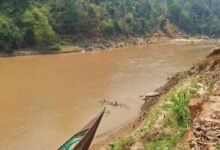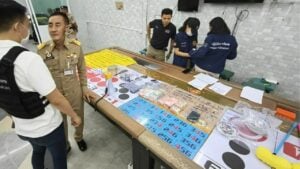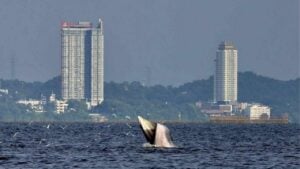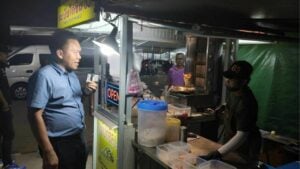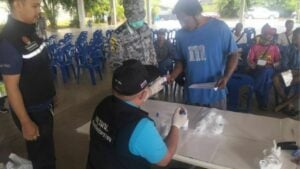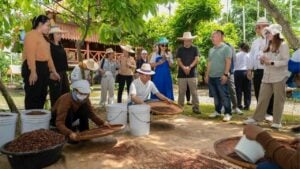Plastic predicament: Thailand faces a ton(ne) of trouble with a 62% surge in waste

Plastic waste in Thailand has witnessed a surge of 62%, escalating from 2.12 million tonnes in 2019 to 3.4 million tonnes in 2020, according to the Thailand Environment Institute. This increase has been largely attributed to lifestyle changes induced by the pandemic, such as an increased reliance on food delivery services.
The Prayut Chan-o-cha government initiated a policy in 2018 to ban single-use plastic bags, but the pandemic and subsequent lockdowns hampered these efforts.
However, hopes are high that both public and private sector initiatives will succeed in tackling the plastic waste crisis. The Alliance to End Plastic Waste (AEPW), a collaboration between state agencies and private sector companies, aims to recycle 50,000 tonnes of plastic waste a year through its Smart Recycling Hub project, said Jim Fitterling, Chairman and CEO of Dow and Chairman of AEPW.
The hub primarily focuses on plastic waste in Bangkok and the Eastern Economic Corridor.
“Creating a successful circular economy is key to advancing our communities and the world towards greater sustainability.”
On the other hand, the Pollution Control Department launched the Everyday Say No to Plastic Bags campaign on January 1, 2020. The campaign, which includes 90 companies, has resulted in a reduction of 14.3 billion single-use plastic bags, or 81,531 tonnes.
Meanwhile, the private sector is exploring business opportunities arising from the plastic waste crisis. SCG Packaging Plc (SCGP) is working on a project, in collaboration with US-based Origin Materials, to transform eucalyptus into bioplastic. The company aims to develop plastic bags for containing hot food from eucalyptus trees, which it grows for its paper business.
Biodegradable Packaging for Environment Co (BPE), another company in the private sector, is focusing on eco-friendly materials. The company produces food and beverage containers from agricultural waste, which can decompose and eventually be used as organic fertiliser for plants. During the pandemic, the company expanded its product range to include food boxes, cups, and straws made from biodegradable materials.
Despite the setbacks, Thailand remains committed to its aim of reducing plastic waste, with both sectors actively working towards creating effective solutions.
Latest Thailand News
Follow The Thaiger on Google News:
